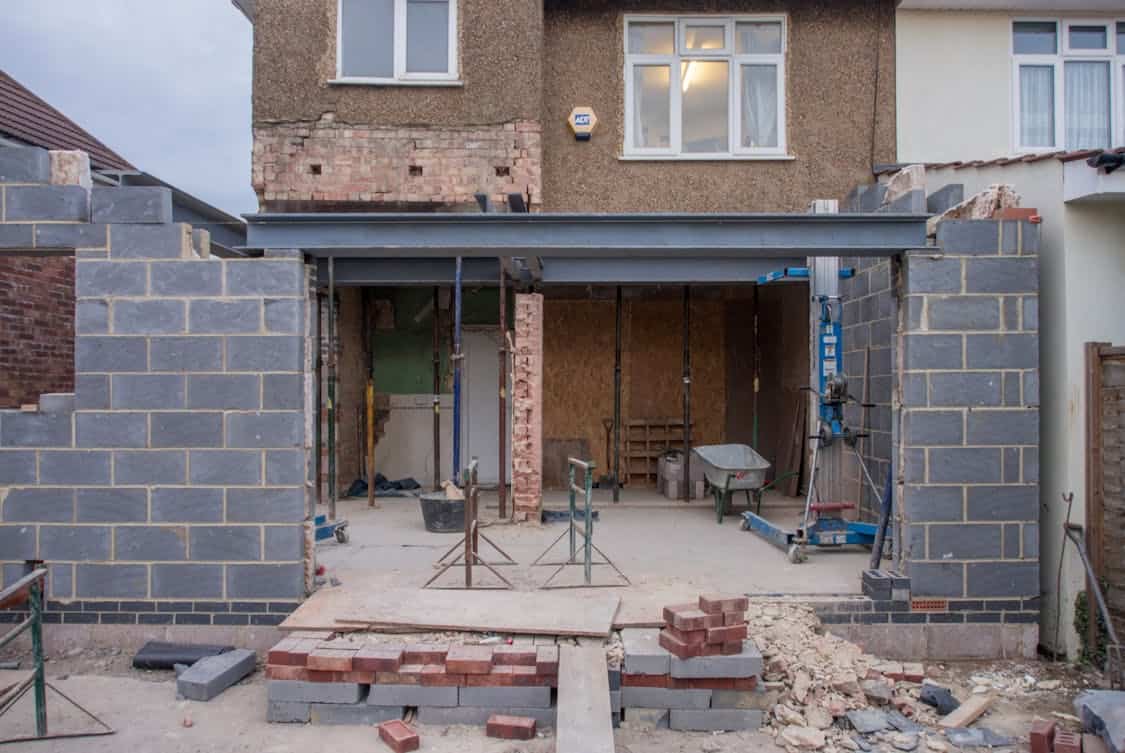Flipping houses has captivated the imagination of many aspiring real estate investors. The allure of transforming a dilapidated property into a beautiful home—and pocketing a profit in the process—can seem irresistible. Yet, many wonder if it’s feasible to dive into this venture without prior experience. Let’s explore the ins and outs of house flipping, particularly for those new to the game.
What is House Flipping?
House flipping involves purchasing a property, renovating it, and selling it at a higher price. While the concept sounds straightforward, the execution can be layered and multifaceted. Many people who flip houses do so for profit, while others may simply enjoy the process of renovation. This practice is not limited to seasoned investors; newcomers can and do join the ranks.
Assessing Your Financial Situation
Before you even think about flipping a house, take a hard look at your finances. Know your budget and understand how much you’re willing to invest. House flipping can require significant capital, spanning from the purchase price to renovation costs.
Lenders often look closely at your financial history, so having a good credit score can be beneficial. If you’re looking for financing options, a fix and flip financing company in tennessee can offer valuable support to help you secure the funds you need.
Finding the Right Property
Identifying a suitable property is crucial. Generally, you want a house that is undervalued or in need of repair. Look for properties that have been on the market for a while or those listed below market value. A crucial skill is spotting potential; sometimes, all it takes is a little imagination to see what a space could become.
Understanding Market Trends
Before purchasing, take time to research local real estate trends. What types of homes are selling? What neighborhoods are on the rise? Understanding these dynamics can make or break a flipping project. A house that seems like a steal might not sell if it’s in a declining area. It’s wise to familiarize yourself with the local market conditions to make informed decisions.
Building Your Team

Even without experience, you don’t have to go it alone. Creating a reliable team can ease many burdens. Consider hiring a real estate agent who understands the local market, a contractor for repairs, and possibly even a designer for aesthetic upgrades. Collaborating with experienced individuals can mitigate risks and produce better results.
Learning the Basics of Renovation
While you might not feel confident in your renovation skills, it doesn’t hurt to learn the basics. Familiarize yourself with common repairs, like drywall installation, painting, or flooring. Even if you hire a contractor, having a foundational understanding can help you communicate effectively and avoid costly mistakes. Online resources, tutorials, and community workshops can be excellent starting points.
Estimating Renovation Costs
Accurately predicting renovation expenses can be tricky, especially for newcomers. It can be beneficial to compile a list of potential improvements and their costs. Take time to research materials, labor rates, and permits. Remember to include a contingency in your budget for unexpected issues. After all, surprises can lurk behind every wall.
Managing the Timeline
Time is money in real estate. A longer renovation increases carrying costs, such as mortgage payments and utilities. Create a detailed timeline for renovations, breaking down tasks into manageable segments. Regular check-ins with your team can help maintain momentum and keep the project on track.
Marketing the Finished Product
Once renovations are complete, it’s time to market the property. A strong listing can attract potential buyers quickly. Consider staging the home for showings, as it can highlight the property’s best features. High-quality photos and a well-crafted description can make a significant difference.
Navigating Legal Considerations
Flipping houses involves dealing with various legal aspects, from contracts to permits. Ensure that you understand the local zoning laws and renovation requirements. It’s also wise to have a qualified attorney review contracts to protect your interests. Staying compliant can prevent unnecessary setbacks down the line.
Learning from Others
Networking with other flippers can provide invaluable insights. Joining local real estate investment groups or forums can connect you with seasoned flippers who can share their experiences. Learning from their successes and failures can save you time and money as you navigate your first project.
Embracing Technology
In today’s fast-paced world, leveraging technology can enhance your flipping endeavors. Utilize online tools to analyze properties, track renovation costs, and manage timelines. Virtual reality can even help with staging, allowing potential buyers to envision living in the space. The right tech can streamline your efforts and keep you organized.
Evaluating Risks
Every investment carries risks, and house flipping is no exception. Market fluctuations, unexpected repairs, and changes in buyer preferences can all impact profitability. Conduct thorough research and be prepared to adapt your strategy if necessary. Understanding risks can help you make better decisions and manage your expectations.
Building Patience and Resilience
Flipping houses is not always a smooth ride. There might be setbacks, delays, or unforeseen expenses. Cultivating patience and resilience can help you navigate these challenges. The ability to remain calm and composed under pressure will serve you well as you tackle your first project.





